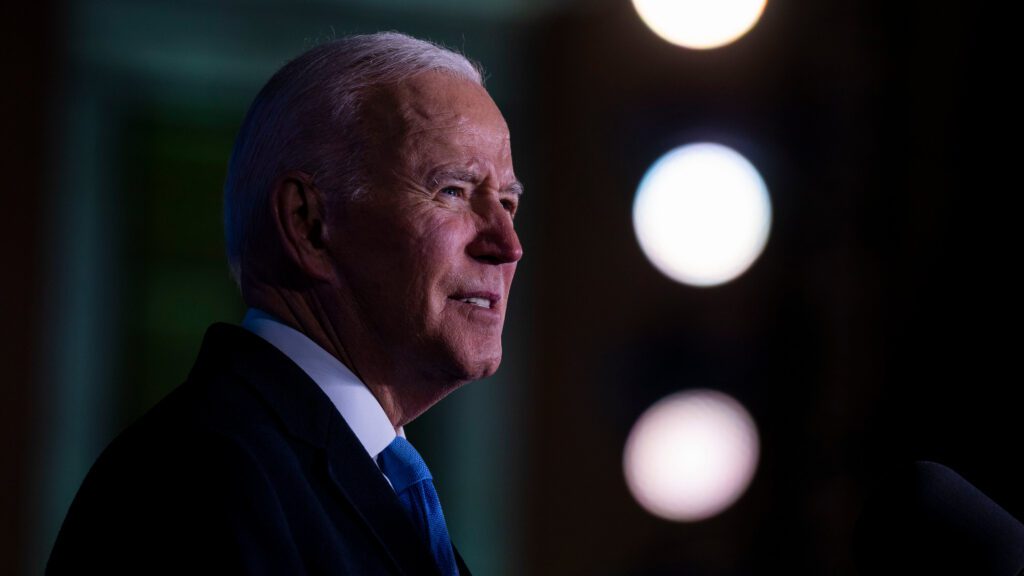This content discusses the importance of military budgets and their impact on defense preparedness. It emphasizes that military budgets play a critical role in equipping armed forces with the necessary resources to protect national security interests. The allocation of funds towards personnel and training enables servicemen and women to be highly skilled and capable of handling defense challenges. Research and development are also influenced by military budgets, allowing nations to stay at the forefront of technological advancements in the defense sector. Additionally, proper funding for procurement and maintenance of equipment ensures a strong defense force. Military budgets also impact a nation’s ability to establish security alliances and engage in effective diplomatic efforts. Overall, understanding and allocating military budgets is crucial in maintaining a nation’s defense capability and preparedness.
The Importance of Military Budgets
Military budgets play a critical role in determining a nation’s defense preparedness. The allocation of funds towards defense allows governments to equip their armed forces with the necessary resources to protect and advance national security interests. Understanding the impact of military budgets on defense preparedness is crucial in ensuring the strength and resilience of a nation’s armed forces.
Allocation of Funds for Personnel and Training
A significant portion of military budgets is allocated towards personnel and training. It is essential for a country to invest in training its servicemen and women to be highly skilled, disciplined, and capable of handling complex defense challenges. Adequate funding ensures that soldiers receive proper training, including advanced weapons use, tactical awareness, and teamwork.
Furthermore, funds allocated to personnel enable governments to recruit skilled individuals who can contribute to the overall defense readiness. Competitive salaries, benefits, and incentives attract talented individuals, ensuring a ready and capable force. Investing in well-trained personnel improves the effectiveness and efficiency of the military, allowing it to respond promptly to any threat or challenge.
Research and Development
Another crucial area influenced by military budgets is research and development (R&D). Funds allocated towards R&D enable nations to stay at the forefront of technological advancements in the defense sector. This includes developing advanced weaponry systems, sophisticated communication networks, and cutting-edge surveillance technologies.
A well-funded R&D program ensures that the military is equipped with state-of-the-art equipment and capabilities. It enables armed forces to possess a technological edge over potential adversaries, effectively deterring aggression and enhancing national security. Additionally, investing in R&D promotes innovation and stimulates the economy by fostering collaboration between the defense industry and academia.
Procurement and Maintenance of Equipment
Military budgets are also crucial for the procurement and maintenance of equipment. Allocating adequate funds towards acquiring and maintaining weapons, vehicles, aircraft, and naval vessels is essential to sustain a strong defense force. Without proper funding, equipment can become outdated, unreliable, or insufficient to meet evolving threats.
Maintenance costs are an ongoing expense that must be factored into military budgets. Regular servicing, repairs, and upgrades ensure equipment remains operational and at peak performance. Neglecting maintenance due to budget limitations can lead to reduced operational readiness, compromising national defense capabilities.
Security Alliances and Diplomacy
Military budgets can also impact a nation’s ability to establish and maintain security alliances and engage in diplomatic efforts. By investing in defense, a country can demonstrate its commitment to regional and global stability. Contributing to collective security arrangements and participating in joint military exercises foster cooperation among nations and contribute to a safer world.
Moreover, military budgets also enable a country to engage in diplomatic negotiations effectively. Defense capabilities can be used as a leverage point during diplomatic discussions, promoting national interests and deterring potential adversaries from aggressive actions.
Conclusion
In conclusion, military budgets have a significant impact on defense preparedness. Adequate funding allows for the training and development of skilled personnel, research and development of new technologies, procurement and maintenance of equipment, and the ability to establish and maintain security alliances. Understanding the importance of military budgets and their allocation is crucial for ensuring a nation’s defense capability and preparedness.
